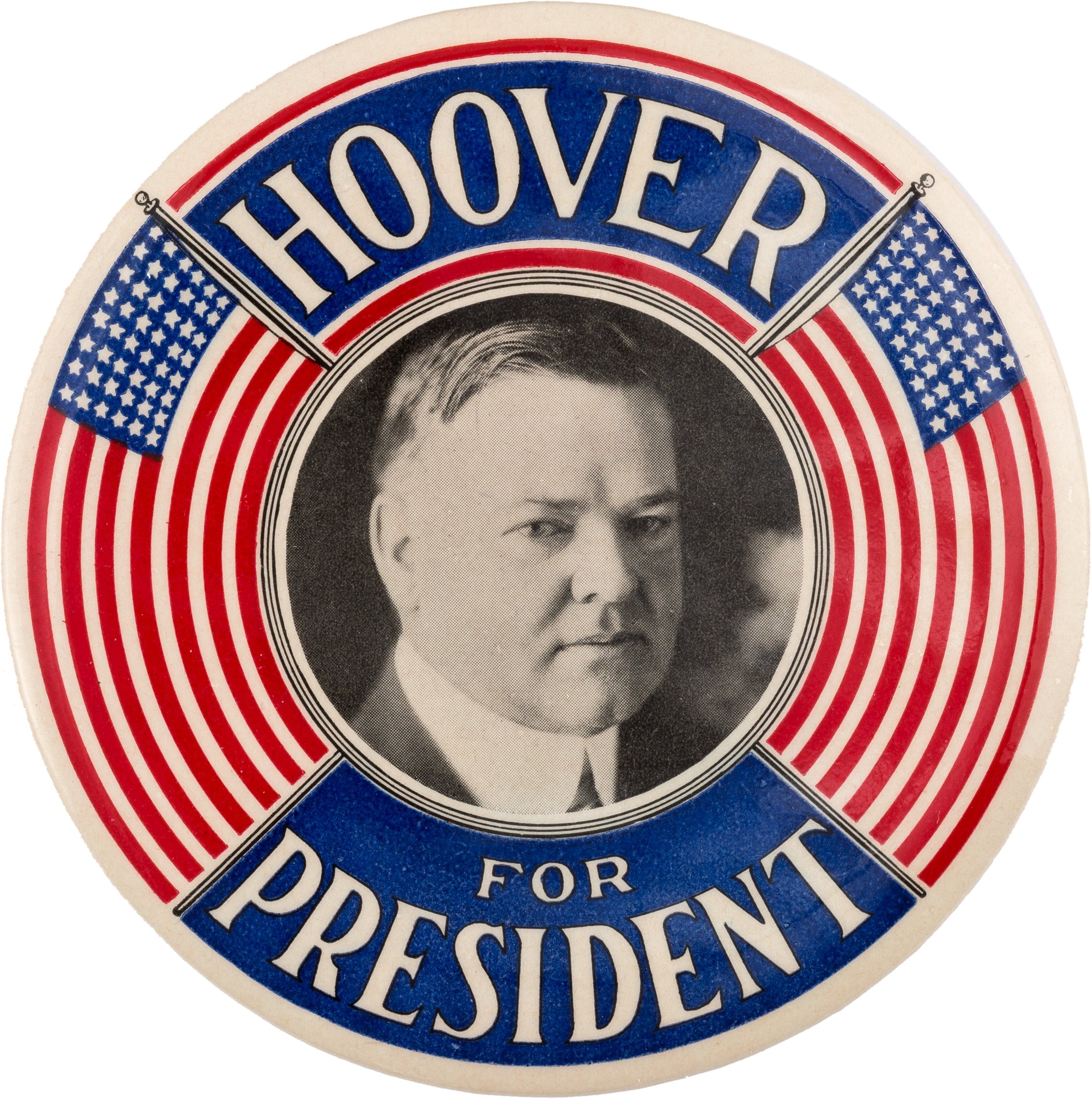
By Jim O’Neal
It would have taken a bold person to have forecast in the afterglow of President Herbert Hoover’s landslide victory in 1928 that, only four years later, he would be the victim of a comparable landslide victory by his Democratic opponent, Franklin Delano Roosevelt.
In the aftermath of the 1928 election and the promise of almost endless prosperity, winning the 1932 Democratic nomination was viewed as little more than an empty honor, scarcely worth the effort.
However, in the first months after the stock market crash in 1929, the Great Depression started slowly, then the European repercussions caused a sudden downturn in the American economy in the spring of 1932, and by summer, the Depression was becoming acute. It continued to worsen with each passing day.
A point of desperation had clearly been reached and all attempts by the Hoover administration for relief were futile. By today’s standards they would have been viewed as too little and way too late. A deflationary spiral was under way and Democrats maneuvered Hoover into making statements that seemed to echo Grover Cleveland: “We cannot squander ourselves into prosperity.”
Hoover seemed cold and remote, which contributed to his unpopularity. The extent and degree of suffering in 1931-32 was far worse than the calm appraisals of the situation by the White House.
By election time, one in five workers was unemployed, one in three unemployed in big cities like Chicago. Even those still working were receiving such low wages or working so few hours that they barely survived. Twenty-five percent of the working women in Chicago were making less than 10 cents an hour. Relief payments were typically a starvation-level pittance; in Detroit, payments were 5 cents a day per person.
Amid the suffering and fear, there was surprisingly little violence and only a whisper of radicalism. The Republicans, despite the unpopularity of the party and the overwhelming unpopularity of the president, had no real choice but to re-nominate Hoover.
For their part, Democrats approached the campaign with jubilant anticipation. FDR was unusually well-prepared to be a presidential contender. Since he had left a New York law clerkship in 1910 to run for state senate, he demonstrated increasingly astute political savvy. In a number of campaigns and offices, he had carefully honed his political craftsmanship.
At the Democratic convention, Roosevelt was easily nominated on the fourth ballot and buried in his acceptance speech was the phrase “new deal” and the words were picked up by a political cartoonist. Within a few days, the term was in broad use and remains memorable today.
Roosevelt was elected by a wide margin, carrying 42 of 48 states and a total of 472 electoral votes to 59. In the process, Herbert Hoover’s sterling reputation and brilliant career were relegated to the ash heap of failures and never fully restored.
The 1932 election focused on the responsibility of government for the economic welfare of American citizens. The debates of the campaign were far less momentous than the aftermath of the election … the establishment by President Roosevelt of a new relationship between American society and government.
Thereafter, the federal government took active, vigorous steps to promote and preserve prosperity far beyond the limited, tentative measures of President Hoover and all his predecessors. It’s a role that has continued to expand yet today with actions not even imagined earlier.
 Intelligent Collector blogger JIM O’NEAL is an avid collector and history buff. He is President and CEO of Frito-Lay International [retired] and earlier served as Chairman and CEO of PepsiCo Restaurants International [KFC Pizza Hut and Taco Bell].
Intelligent Collector blogger JIM O’NEAL is an avid collector and history buff. He is President and CEO of Frito-Lay International [retired] and earlier served as Chairman and CEO of PepsiCo Restaurants International [KFC Pizza Hut and Taco Bell].
